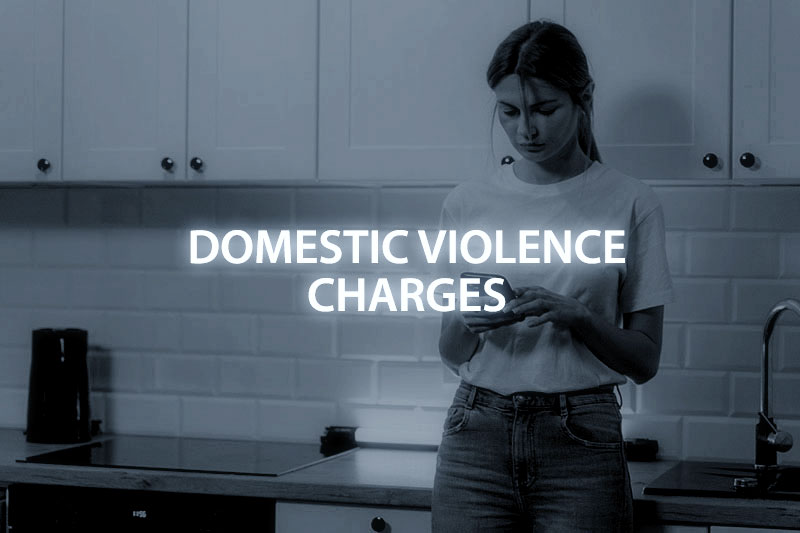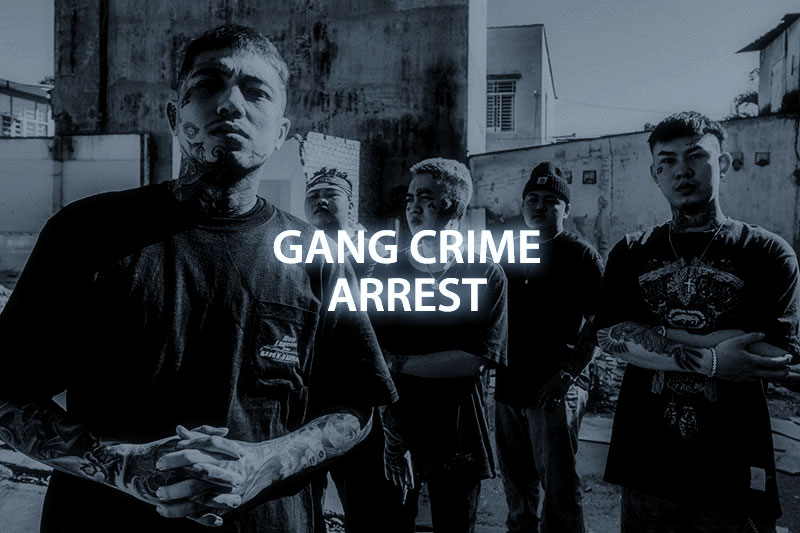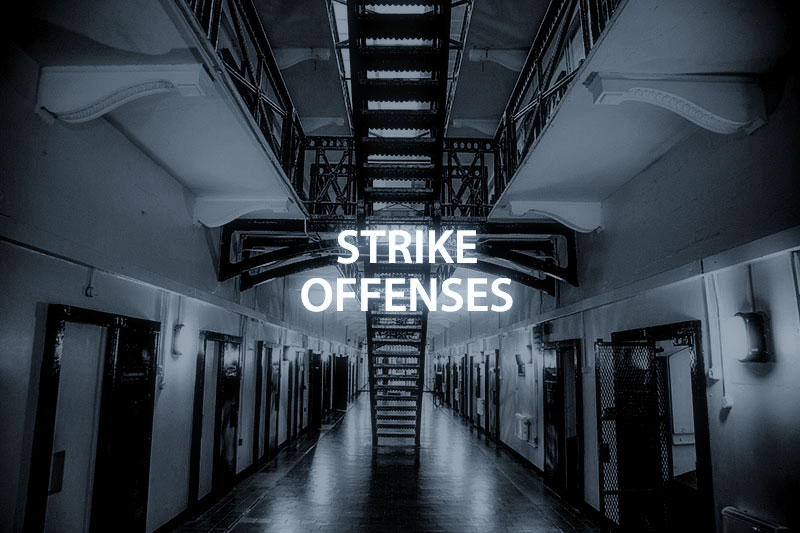Negotiating plea bargains in drug crime cases is a nuanced process that demands a strategic approach. Working closely with a skilled attorney, understanding the benefits of cooperation, and leveraging relevant information can significantly impact the outcome of your case. It's crucial to approach these negotiations informed and prepared, prioritizing your best interests and aiming for the most favorable resolution possible.
DVROs serve as a vital mechanism in the fight against domestic violence, offering varying degrees of protection to ensure the safety of those in vulnerable positions. Understanding the types of DVROs and the legal processes involved is crucial for victims seeking relief and protection under the law. If you or someone you know is experiencing domestic violence, it's important to reach out to local resources for help and to consider legal protection options like a DVRO. Remember, you're not alone, and help is available.
In recognizing the unique position of juvenile gang offenders, California's efforts signify a belief in the potential for change and recovery. Rehabilitation over punishment reflects a profound investment in the future — not just of the individuals concerned, but of society as a whole. By providing support systems, avenues for education, and opportunities for meaningful engagement, the state endeavors to guide these young individuals toward better paths, enabling them to become productive and contributing members of their communities.
The determination of what constitutes a strike offense in California is a complex matter, a balance between the literal interpretation of the law and the unique particulars of each case. Offenses that appear less severe on the surface can still bear the weight of the Three Strikes law's severe penalties. While Proposition 36 brought more clarity and fairness to this equation, the line between a strike and a non-strike offense remains nuanced, demanding careful consideration and adept legal navigation.




